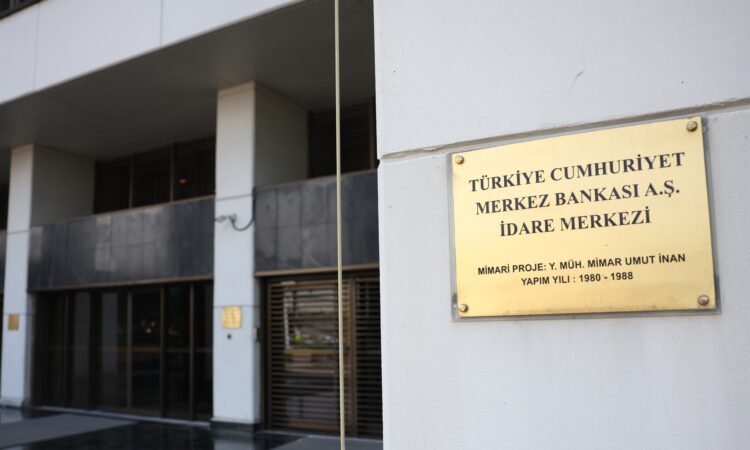
Appointment seen as another indication that Erdogan may abandon policies that are widely branded as ‘unorthodox’.
Re-elected Turkish President Recep Tayyip Erdogan has appointed a former US-based bank executive to head Turkey’s central bank, in another sign that his administration is likely to pursue more conventional economic policies.
Erdogan named Hafize Gaye Erkan, a former co-chief executive officer of the First Republic Bank, as governor, according to an announcement in the Official Gazette published on Friday.
The Princeton-educated Erkan, 41, becomes the central bank’s first female governor.
Erdogan won a third presidential term in elections last month as the country grapples with a cost-of-living crisis fuelled by inflation that peaked at a staggering 85 percent in October. In May, the inflation rate dropped below 40 percent for the first time in 16 months, with the influence of a favourable base effect. The base effect is a distortion in inflation figures because of very high or very low figures in the year-ago month.
Critics blame the turmoil on Erdogan’s policy of lowering interest rates to promote growth. The approach runs contrary to the orthodox economic thinking that calls for rate increases to combat inflation. Erdogan argues his policies will make Turkey’s economy stronger in the long run.
Erkan was a managing director at the Goldman Sachs investment banking company and worked at the now-failed San Francisco-based First Republic Bank, holding the post of co-CEO for six months in 2021.
She replaces Sahap Kavcioglu who oversaw a series of rate cuts since 2021. Kavcioglu, meanwhile, was moved to head the Banking Regulation and Supervision Agency (BDDK), the country’s banking watchdog.
Last week, Erdogan reappointed United Kingdom-educated Mehmet Simsek, a respected former banker, finance minister and deputy prime minister, to the post of leading the finance and treasury ministry. Simsek returned to the cabinet after a five-year break from politics.
The appointments of Simsek and Erkan are seen by analysts as an indication that Erdogan may abandon policies that many economists have branded as “unorthodox”.
“Bringing inflation down sustainably will require a major policy tightening and the appointment of a more credible cabinet over the weekend provides hope that policymaking may shift in a more sustainable direction,” Liam Peach, senior emerging markets economist at Capital Economics, said after Simsek’s appointment.





